LS passes Benami Transactions Amendment Bill
Thu 28 Jul 2016, 11:29:58
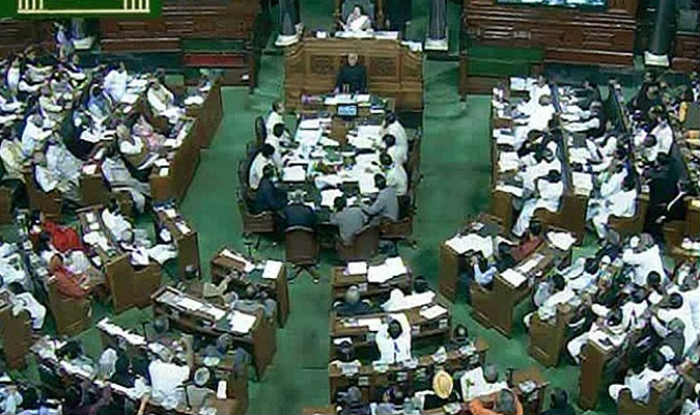
The Lok Sabha on Wednesday passed Benami Transactions Amendment Bill, 2015, that slaps a 7-year imprisonment and a fine of more than 25% of the market value on the benami property. Giving more teeth to laws to check unaccounted wealth, the bill also gives the government the right to confiscate properties bought in the name of fictitious persons.
The genuine religious trusts will, however, be kept out of the law that seeks to amend the definition of benami transactions, establish adjudicating authorities and an appellate tribunal to deal with such transactions, and specify the penalty for entering into benami transactions.
“A lot of people who have unaccounted money buy benami property in the name of fictitious persons ... these transactions have to be discouraged,” Finance Minister Arun Jaitley said replying to a discussion on the bill in the Lower House.
On concerns expressed by certain members about religious properties or those owned by deities or religious institutions, Jaitley said the government under this bill will exempt such bonafide entities.
“If there is a genuine property, which belongs to a church or a mosque or a gurdwara or a temple, Section 58 says that the government has the power to exempt it,” he said. He, however, warned that religious clause cannot be a pretext for tax evasion.
“If there is a genuine property, which belongs to a church or a mosque or a gurdwara or a temple, Section 58 says that the government has the power to exempt it,” he said. He, however, warned that religious clause cannot be a pretext for tax evasion.
“If you make any illegal business out of it... if you create a fake religious sect and start keeping benami property, then the government won’t exempt it, so please don’t do that,” Jaitley said. If a person declares the benami properties under the income disclosure scheme brought out by the government, he or she can escape punishment.
The bill defines a benami transaction as a transaction where a property is held by or transferred to a person, but has been provided for or paid by another person.
The bill, which specifies the penalty for providing false information to be rigorous imprisonment of six months to five years, and a fine which may extend to 10% of the fair market value of the benami property, was later passed by a voice vote. The offences under the amended law will be non-cognisable.
No Comments For This Post, Be first to write a Comment.
Most viewed from Specials
Most viewed from World
AIMIM News
Latest Urdu News
Most Viewed
May 26, 2020
Is it right to exclude Bangladesh from the T20 World Cup?
Latest Videos View All
Like Us
Home
About Us
Advertise With Us
All Polls
Epaper Archives
Privacy Policy
Contact Us
Download Etemaad App
© 2026 Etemaad Daily News, All Rights Reserved.





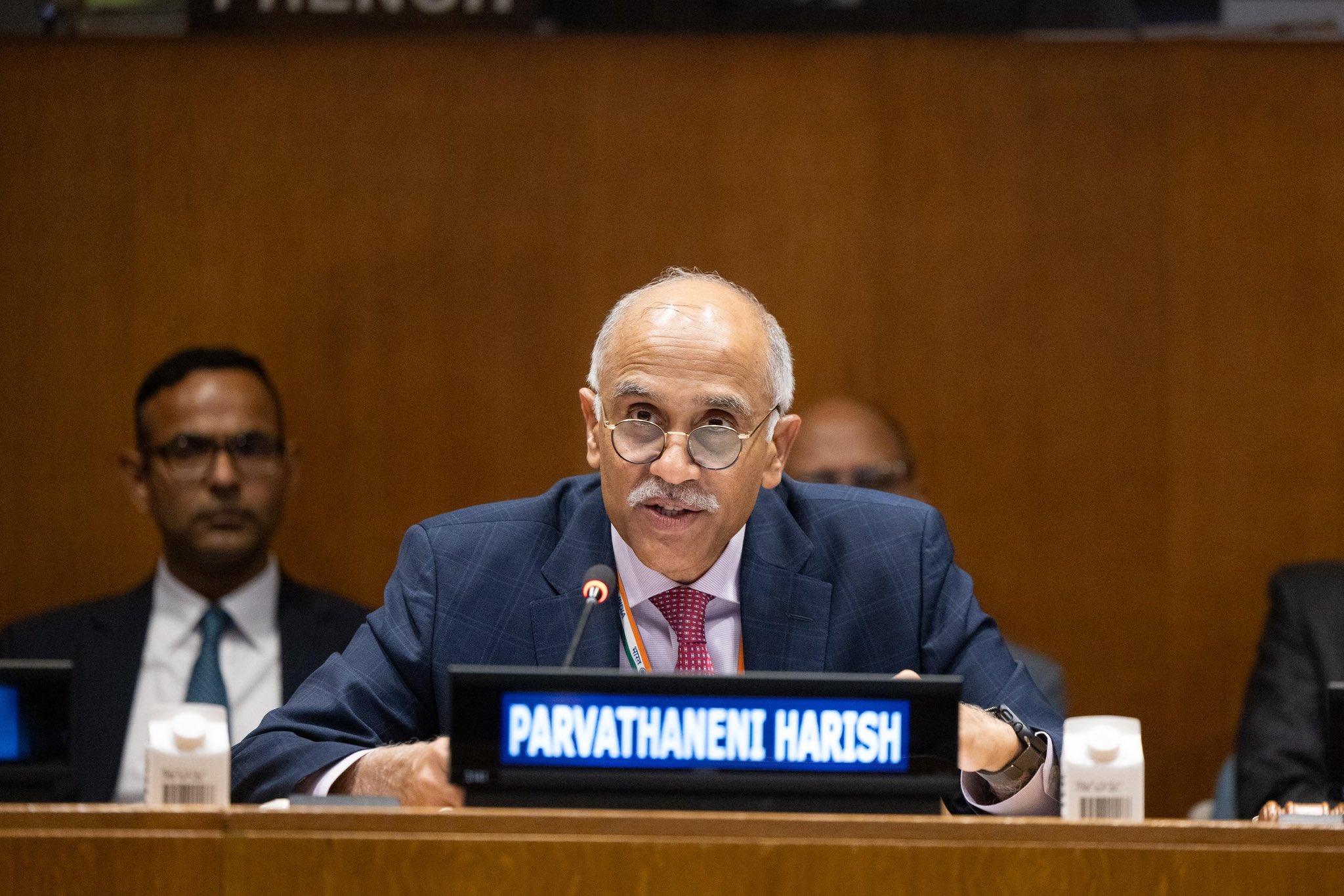


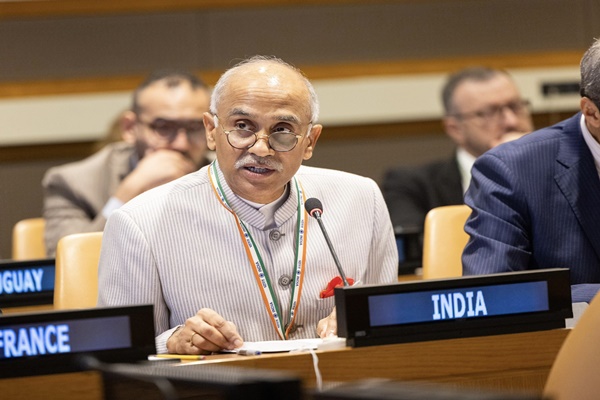
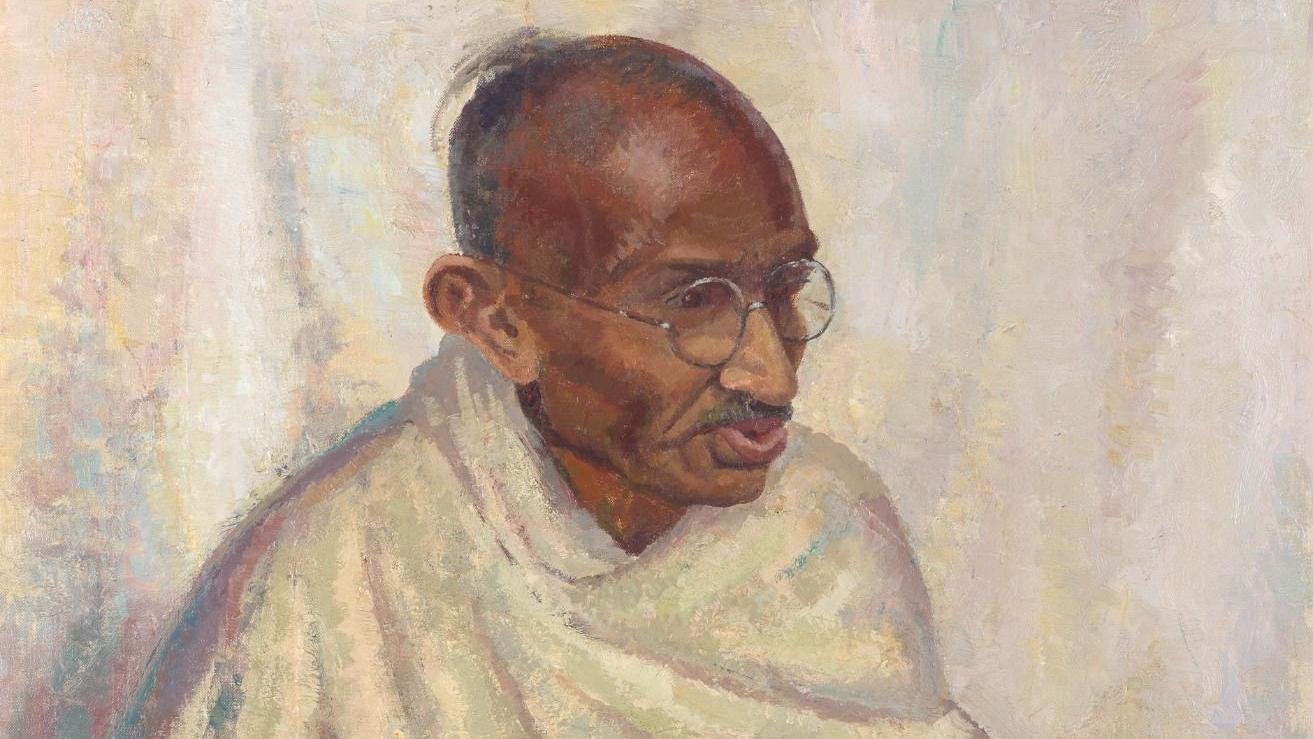
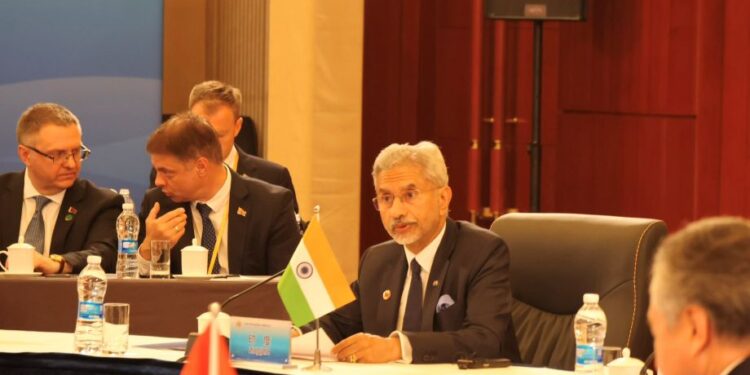
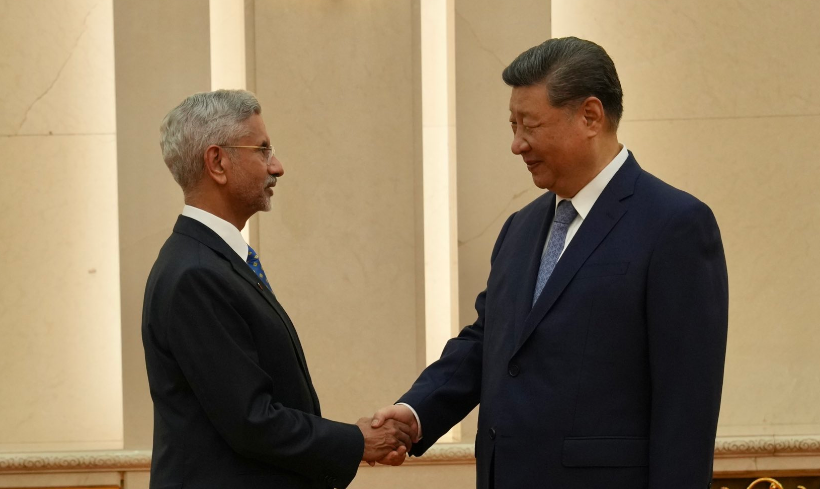



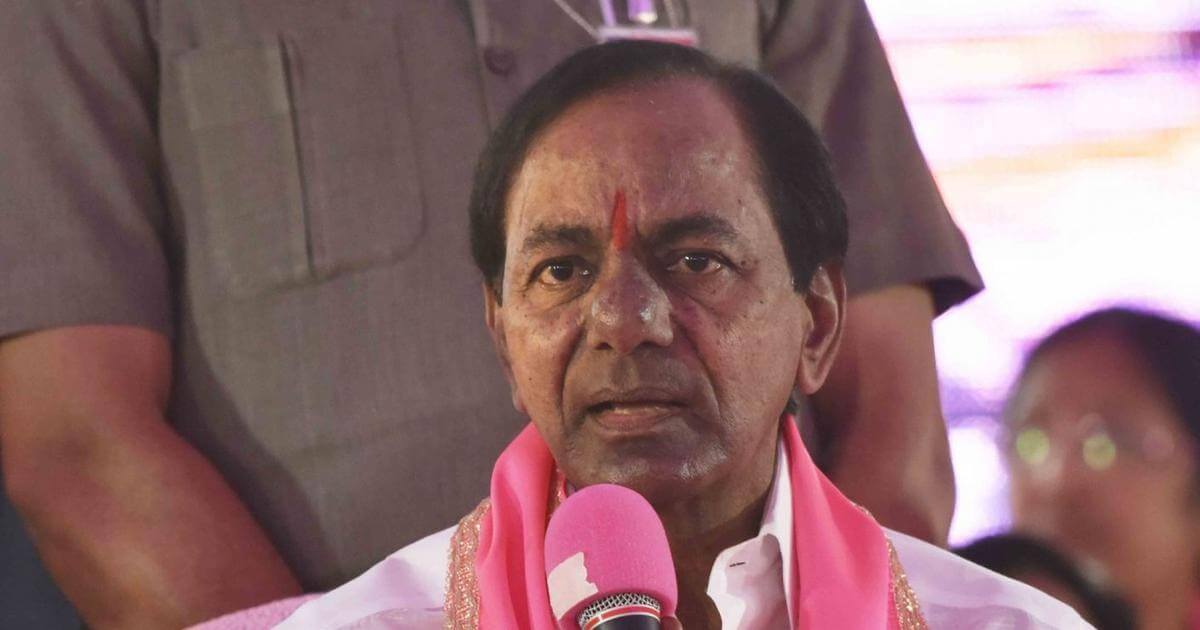


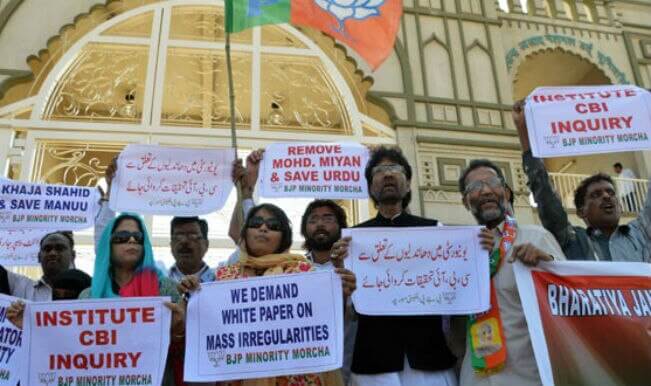


















.jpg)
.jpg)
.jpg)


